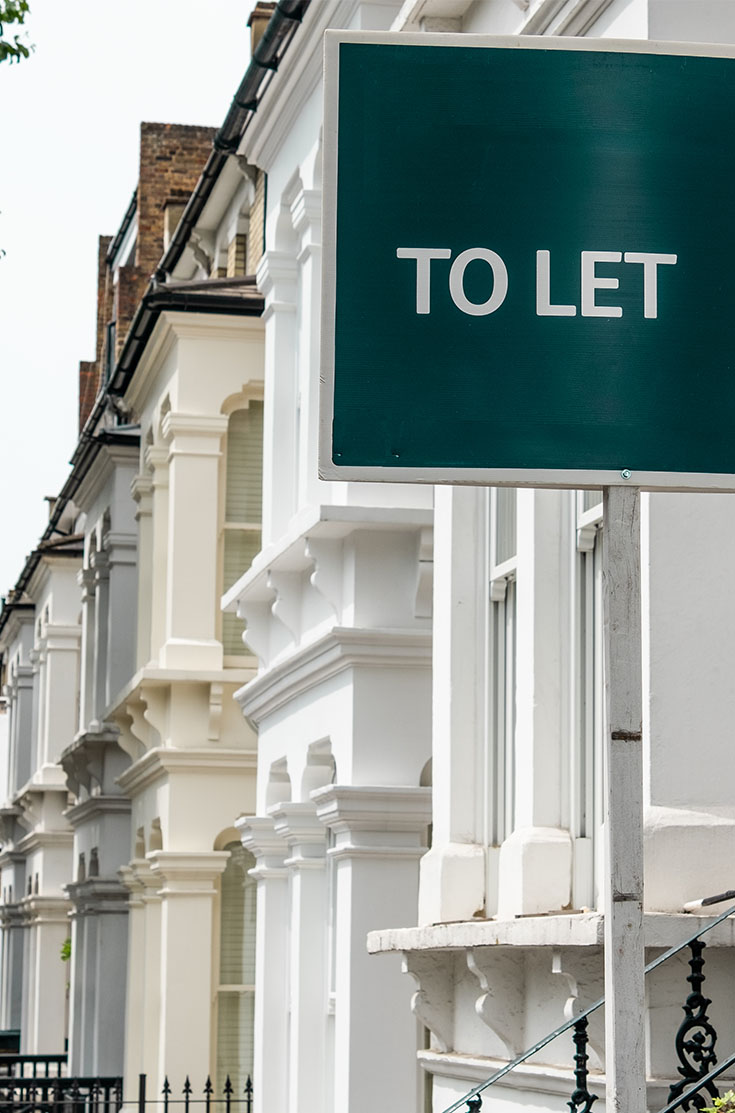Buying a second home is a popular option. It can provide you with the holiday home of your dreams or allow you to improve your income by renting the property, but you’ll probably need a mortgage. There are a few key differences between first and second mortgages, you should be up to date with the latest mortgage news and speak to a mortgage specialist. It will help to ensure you get the best deal and can afford to pay your second mortgage.
Second Home Mortgage Guide

Looking to get a second home mortgage
Buying a second property means having enough income to pay the mortgage, insurance, utility bills, and cover any repair costs. That’s alongside having enough funds to visit the property throughout the year and enjoy it.
Purchasing a buy-to-let theoretically requires less disposable income. The renter should cover utilities and all, or most, of the mortgage. You’ll still need to pay for repairs, maintenance, insurance, and have enough funds to cover the mortgage if the property is empty or the tenant stops paying the rent.
Understanding different types of second-home mortgages
There are several types of second-home mortgages, the ones you’re eligible for will depend on what you are using the property for. In general, holiday homes can be bought with a traditional mortgage, but there will be strict rules on who can use the property. In contrast, if you’re buying a buy-to-let, many lenders will want you to take a commercial mortgage.
All mortgages will fall into one of the following categories.
Fixed-rate
With this type of mortgage the interest rate is set at the start for a given period, often three or five years.
Adjustable-rate
Adjustable rates generally change when the Bank of England changes interest rates. They can go up or down and you’ll need to be aware of this when calculating affordability.
Interest-only
Interest-only mortgages appear to be cheaper as you pay just the interest back. However, you’ll need to organise another way to save funds so that you can repay the lump sum at a given point in the future.
Eligibility criteria for securing a second home mortgage
The mortgage company will want to look at your current income and expenditures. Your current income needs to be higher than your expenditure. Lenders will also look at your debts, including your existing mortgage. A low debt-to-income ratio is essential. The lender’s calculations will be affected by the intended use of a second property. They will also look at your credit score.
Down payment requirements for second homes
In general, mortgage providers require a higher deposit for second homes than they do for your first home. Most lenders will demand at least a 25% deposit, anything less is likely to result in significantly higher interest rates.
It’s a good idea to start planning for your deposit as early as possible. It can be challenging to raise 25% of a property value simply by saving. That’s why many people remortgage their first home. Provided you have enough equity in your home, you can remortgage, release enough funds to pay the deposit on a second home and maintain your current level of payments. It will simply extend your mortgage term.
Interest rates and financing options
The average mortgage lender is offering interest rates around 5.25% for a second home mortgage in 2024. However, while the interest rates have been held at the same level for the last five months, before this they climbed steeply, a reaction to runaway inflation.
It seems likely that the rates will hold steady and perhaps decrease toward the end of the year. But, there are no guarantees. If the interest rate goes up, the repayments on your mortgage are likely to increase. Although difficult to predict how much your repayments could change, you need to be prepared for this financially.

The impact of credit scores on mortgage approval
As mentioned, the higher your credit score the more likely it is that the lender will offer you the lowest possible interest rates. Your score is based on the amount of debt you currently have, lenders prefer low ratios. It varies between lenders, but you’ll usually need to be below a 30 ratio to secure the best deal.
There are several things you can do to improve your credit score:
- Check your credit record and have any errors removed
- Don’t apply for lots of loans, each application can stay on your file for up to a year
- Maintain the same address and bank accounts – it shows stability
- Register for the electoral role, if you’re not already on it
- Pay off any debts you can and make sure all bills are paid on time
Navigating the loan application process
The loan application process is very similar to when you applied for your first mortgage. You’ll need to show the lender proof of earnings. That’s three month’s payslips or three years' accounts if self-employed. You’ll also need a list of your current debts and monthly incomings and outgoings. Alongside this, you’ll need ID, recent utility bills, and proof that your current property is your main residence.
A good approach is:
- Make an appointment with a mortgage specialist
- Talk to them about why you want a second property and supply all the information they need
- Gather together the documents to support the information provided
- Allow the mortgage specialist to find you the best deal
Tax considerations and benefits for second homes
The biggest issue when purchasing a second property is stamp duty. When purchasing your first property you will only pay stamp duty if the property is over £250,000, or £425,000 for first-time buyers. When you buy a second home, you’re liable for a 3% stamp duty, regardless of the value of the property.
On the plus side, if the second home is a buy-to-let, the interest on your second home mortgage can be deducted from your taxes. You can list the expense and income on the property and, if you make a loss, offset this against your tax.
Insurance requirements for second properties
The insurance requirements for a second home are similar to your main home. However, you’ll need to declare it’s a second home and, because it will often be unoccupied, the rates will be higher.
Refinancing options for second home mortgages
Once you have purchased your second home and are passed any fixed-rate period, you may be able to replace your mortgage with a new one. As your finances will have improved you should be able to get a more attractive deal and save yourself money. If the equity is building up you can even get some cash out, perhaps for a third property!
Common pitfalls to avoid in second home financing
There are always pitfalls to be aware of. When looking for second home financing be aware of the following:
- Not shopping around or using a mortgage specialist
- Failing to organise a big enough deposit
- Forgetting that 3% stamp duty is due on any second home worth more than £40,000
- Not having enough money aside to cover bills, mortgage, legal fees, and unexpected issues
Final tips for successful second home mortgage approval
The simplest way to ensure a smooth approval process is to prepare all the necessary documentation in advance, including arranging refinancing for your deposit. You can then reach out to a mortgage specialist and let them find you the best deal.
Moneysprite is here to help you secure the best second mortgage deal possible. Contact us today for a consultation.
Make an Appointment
Send a request and we’ll schedule a meeting
